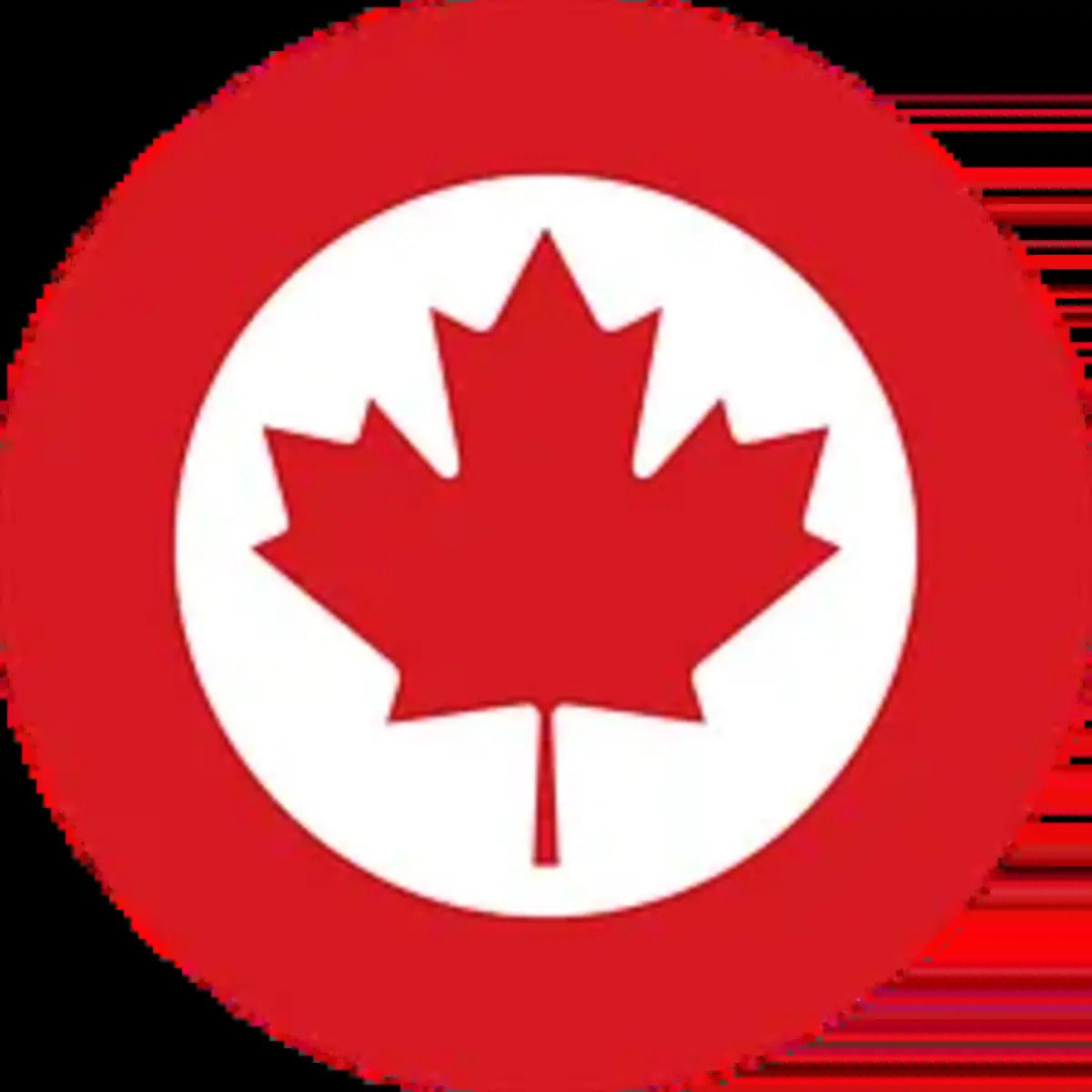Please forward this to ONE friend today and tell them to subscribe here.
A Personal Question With a Collective Answer

What does it mean to be Canadian? For much of my life, I never asked. I grew up in Canada as a first-generation immigrant child, the son of parents who left Hong Kong in the 1980s to start over in a country that promised safety, opportunity, and fairness. My childhood was marked by familiar rituals: pouring maple syrup on Eggo waffles, watching YTV after school, and growing up in changing neighbourhoods.
It was only years later, after returning to Canada from abroad, that the question began to weigh on me. Online voices and casual strangers insisted that I was “not Canadian enough” or that “we don’t need you.” Against the backdrop of rising anti-Asian hate, those words carried the sting of exclusion. They made me question whether my citizenship, my upbringing, and my identity here were somehow conditional.
Fortunately, asking the question opened a door. It reminded me that Canada has always wrestled with what it means to belong. Also, it revealed that the answer lies not in where we are born, but in what we build together.
The Country That Came Into Being
Canada, as a political entity, is relatively young. Confederation in 1867 brought together four provinces, Ontario, Quebec, New Brunswick, and Nova Scotia, into what was then a Dominion under the British Crown. Expansion westward and northward would add provinces and territories, often at the expense of Indigenous peoples who were displaced or forced into treaties that were not honoured. From the beginning, Canada was both a project of inclusion and exclusion.
The promise of land and livelihood drew settlers from Europe, while restrictive immigration laws shut out many others. The Chinese head tax, the internment of Japanese Canadians during the Second World War, and the turning away of Jewish refugees during the Holocaust remain stains on the national record. At the same time, immigration was the engine that steadily grew the population, economy, and cultural fabric of the nation.
By the mid-twentieth century, Canada began to redefine itself. The 1960s saw the end of explicitly racist immigration policies. In 1982, the Charter of Rights and Freedoms enshrined equality under law, guaranteeing fundamental freedoms to all Canadians regardless of origin. Moreover, in 1988, the Canadian Multiculturalism Act formally recognized diversity as central to national identity.
Immigration Waves That Shaped Canada
Every wave of immigration has reshaped Canada’s identity. The Irish famine of the 1840s brought hundreds of thousands of desperate families to Canadian ports. Eastern Europeans arrived in the early 1900s to farm the Prairies. Postwar immigration from Italy, Greece, and Portugal transformed cities like Toronto and Montreal. By the late twentieth century, newcomers from Asia, Africa, the Caribbean, and Latin America had built communities that made Canada one of the most multicultural countries in the world.
My family’s arrival in the 1980s was part of this story. Hong Kong immigrants arrived in large numbers before the city’s 1997 handover to China, contributing to business, education, and cultural life across Canada. Like so many before and after them, they came with hope and determination, believing that Canada was a place where hard work would be rewarded and where their children could thrive.
A Sense of Belonging And Contradictions
Beyond laws and policies, Canadian identity is expressed in the small rituals of everyday life. Canadians hold doors open for strangers, even if it means waiting longer than expected. They shovel a neighbour’s driveway after a storm, knowing winter is a collective burden. They offer spare change to children raising funds for a hockey team or a school trip. Also, they apologize often and sincerely out of an instinct to soften conflict.
However, to be Canadian is also to live with contradictions. Canadians take pride in being bilingual, yet few outside Quebec speak French fluently. Environmental protection is praised until it threatens economic comfort. People proudly identify with ancestral roots, but in those same ancestral homelands, they are recognized not as Italians, Irish, or Chinese, but as Canadians.
Most painful of all is Canada’s ongoing failure to fully reckon with its treatment of Indigenous peoples. The residential school system, the Sixties Scoop, and persistent inequities in housing, water access, and education are not just past wrongs but present realities. Canadians often express shame but stop short of making reconciliation a true priority. This gap between values and action is one of the deepest challenges to Canada’s national conscience.
Who Belongs and Why
So who gets to call themselves Canadian? Legally, citizenship means the right to vote, to travel on a Canadian passport, and to participate fully in civic life. Nonetheless, identity rests on whether we accept differences, live with respect, and share this land peacefully with others.
For newcomers, being Canadian means contributing to society, learning the languages of the land, and respecting the rights and cultures of others. For those born here, it means recognizing that their own families once waited to be welcomed. For everyone, it means upholding the Charter, valuing diversity, and rejecting the idea that one ethnicity has greater entitlement than another.
That said, Canada is a work in progress. It is not flawless, but it is a country that has dared to make multiculturalism an aspiration. Its strength is in the mosaic of people who together create something larger than themselves. To be Canadian is to acknowledge painful histories while working for a more just future.
Choosing Belonging Every Day
The future of Canadian identity rests in our daily choices. We can choose to welcome difference or to reject it. We can also choose to confront our contradictions or to ignore them. For me, to be Canadian is to keep building this shared ideal with empathy, honesty, and hope.
If this spoke to you, I invite you to like, share, and subscribe, whether free or paid, or consider buying me a coffee to support more writing like this. Together, through dialogue and daily practice, we can keep shaping what it truly means to be Canadian.

